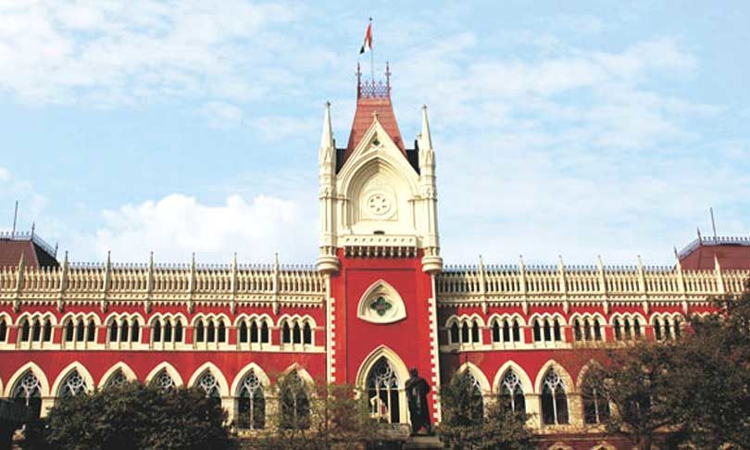The High Court of Calcutta has held that an arbitration award passed under MSMED Act cannot be challenged in a writ petition merely on the ground that the petitioner’s request for adjournment was refused by the arbitrator. The bench of Sabyasachi Bhattacharyya held that a party aggrieved by an award passed under MSMED Act has to challenge it under Section 34 of the A&C Act...

